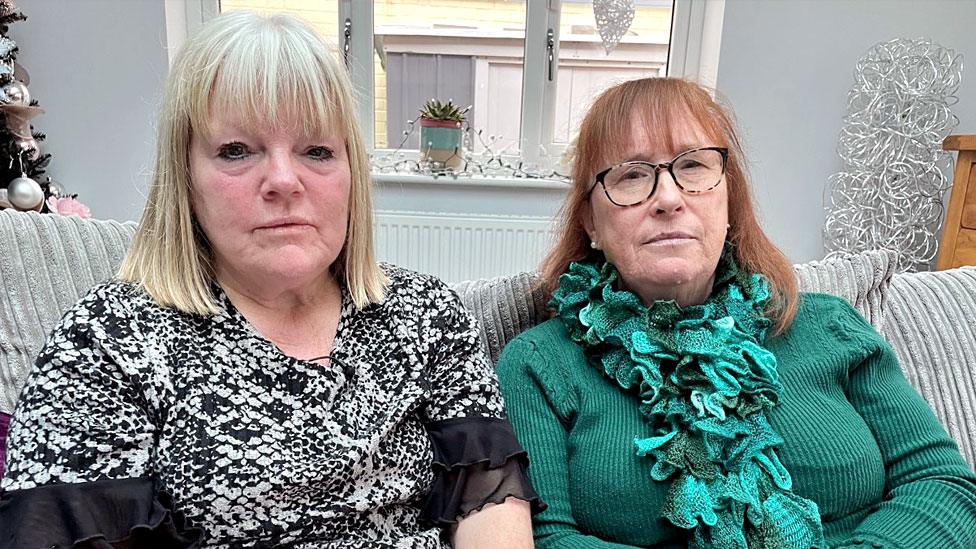Redcar councillor wants 'firm assurances' over hydrogen trial
- Published
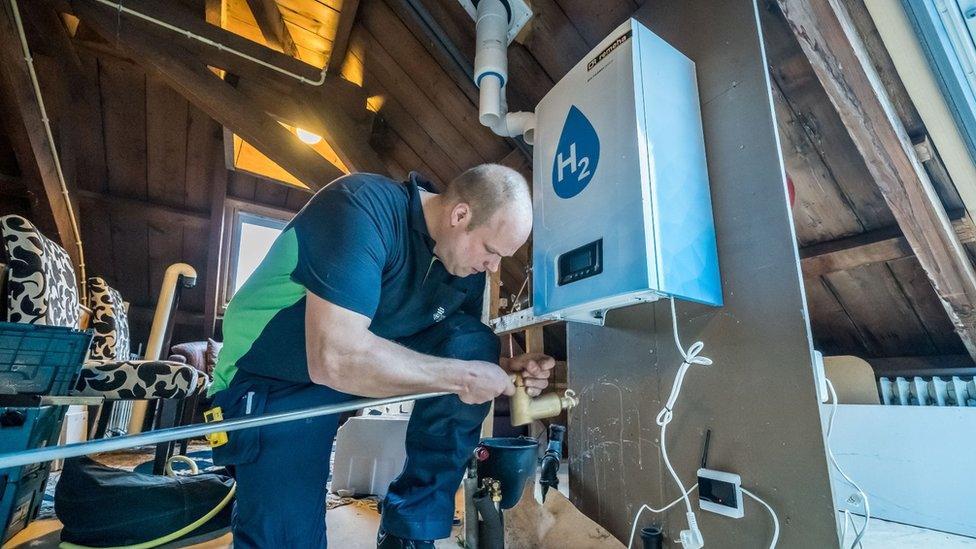
The Hydrogen Village trial would test the viability of the gas for domestic heating and cooking
A councillor has called for "firm assurances" over a potential hydrogen home heating trial opposed by some residents.
Gas companies in Redcar on Teesside and Whitby in Ellesmere Port are bidding to host the government's Hydrogen Village.
Concerns have been raised in both areas about cost, safety and what happens when the pilot ends.
Redcar and Cleveland Labour councillor Carl Quartermain said it was the "most important issue to residents".
He wanted to know how much the trial would cost and how households and businesses would be affected.
Mr Quartermain said residents had spoken "passionately, both for and against the trial in equal measure" but added that "transparency and open communication" were needed.
"I still need firm assurances that our residents will not find themselves out of pocket if this trial goes ahead," he said.
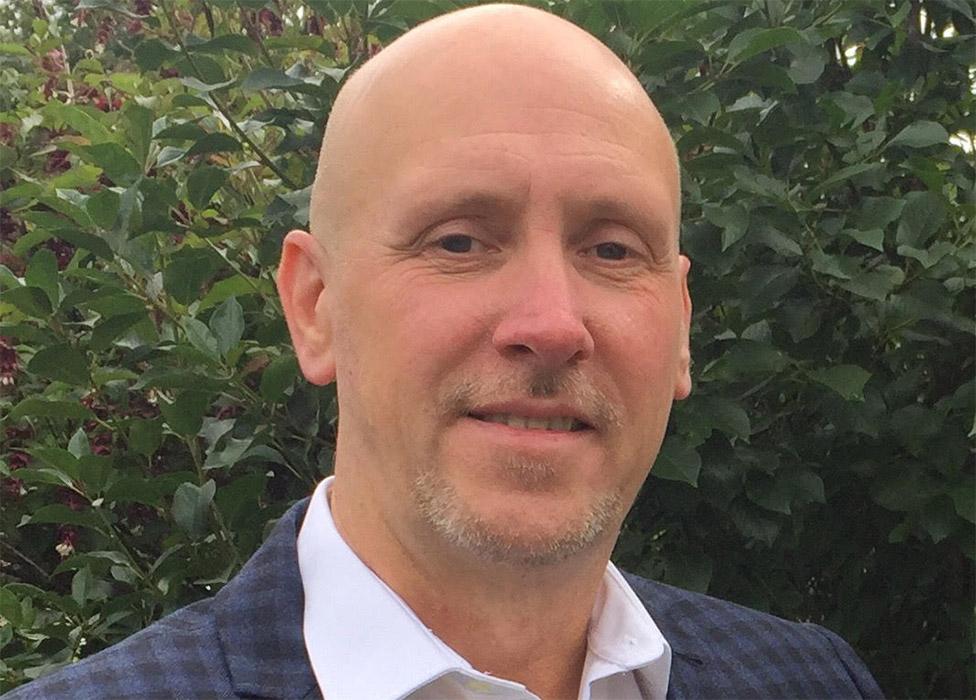
Carl Quartermain said open communication was important
Northern Gas Networks (NGN) would run the trial scheme if Redcar was chosen by the government to host the pilot.
The company reiterated no-one in the trial would end up paying more for their energy bill, the Local Democracy Reporting Service said.
Mr Quartermain said he favoured NGN holding a public debate.
"Everyone involved should have the opportunity to listen to all sides of the discussion and to be heard," he said.
NGN said it had already held a consultation meeting to which all residents were invited.
"This was facilitated by an independent research company and the feedback from this meeting was used when finalising our proposal which we submitted to the government in March," a spokesperson said.
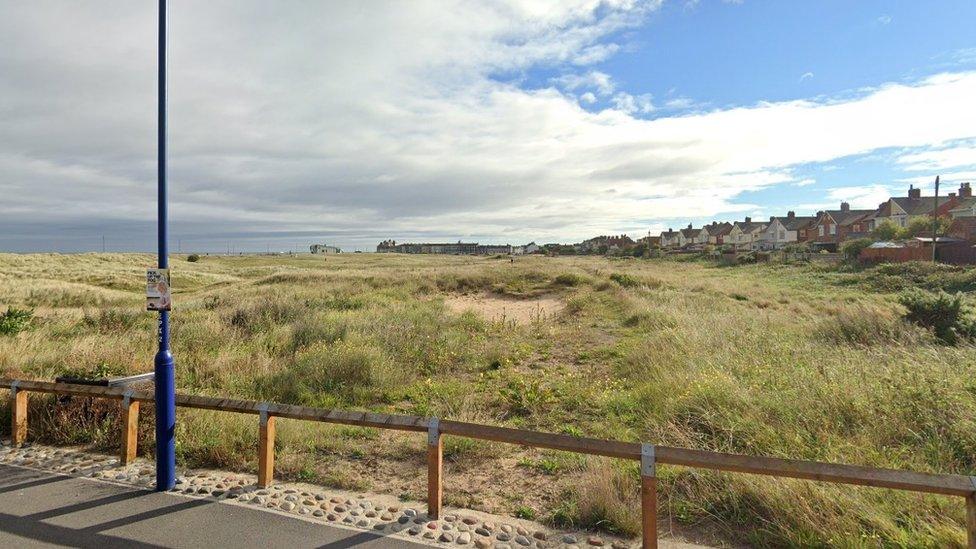
Coatham is one of the areas of Redcar earmarked for the pilot
The company is aiming to convert about 2,000 homes and businesses in Redcar's town centre and Warrenby, Coatham and Kirkleatham areas to hydrogen.
Electric alternatives would be provided for those who did not want to use the gas, with no ability to opt out entirely.
Supporters of the pilot believe hydrogen, which is already used in industry, could be a greener alternative to natural gas for use in heating and cooking as it does not produce carbon when burned.
But critics argue it is more combustible and prone to leaks than natural gas, and they question its eco-credentials given it can be made using fossil fuels and, when made with renewable electricity, results in less power than using the electricity itself.
The Department for Energy Security and Net Zero is expected to chose which area will host the pilot later this year, with operations beginning in 2025.

Follow BBC North East & Cumbria on Twitter, external, Facebook, external and Instagram, external. Send your story ideas to northeastandcumbria@bbc.co.uk, external.
Related topics
- Published3 June 2023
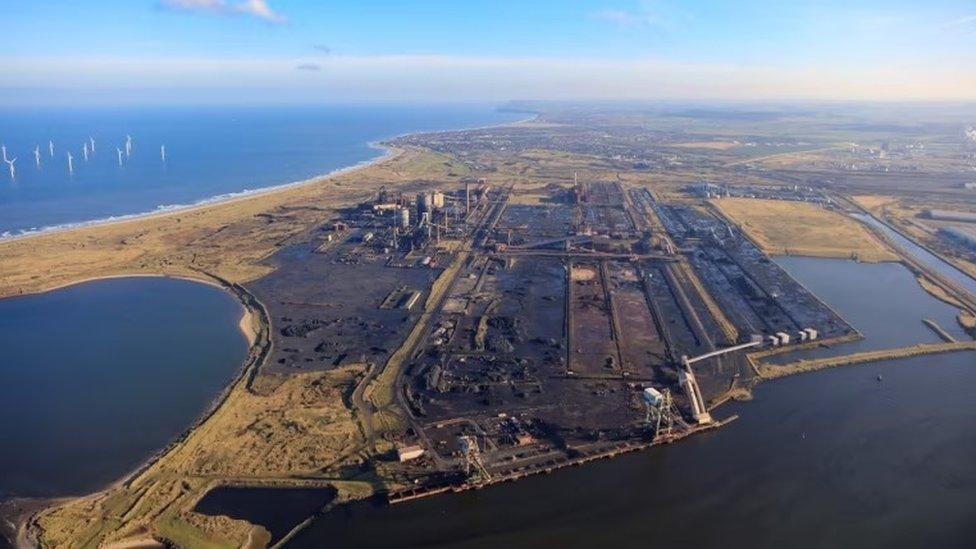
- Published31 March 2023
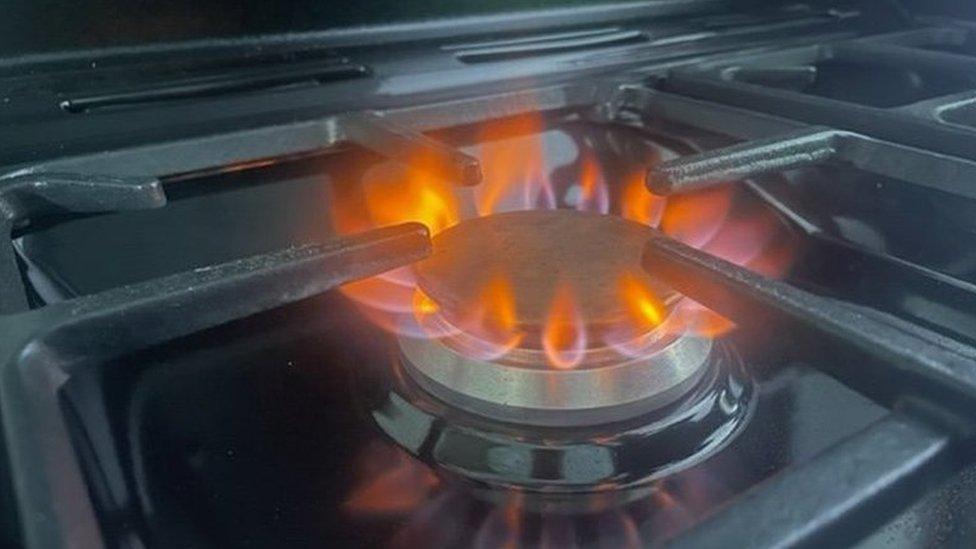
- Published4 March 2023

- Published14 January 2023

- Published22 December 2022
